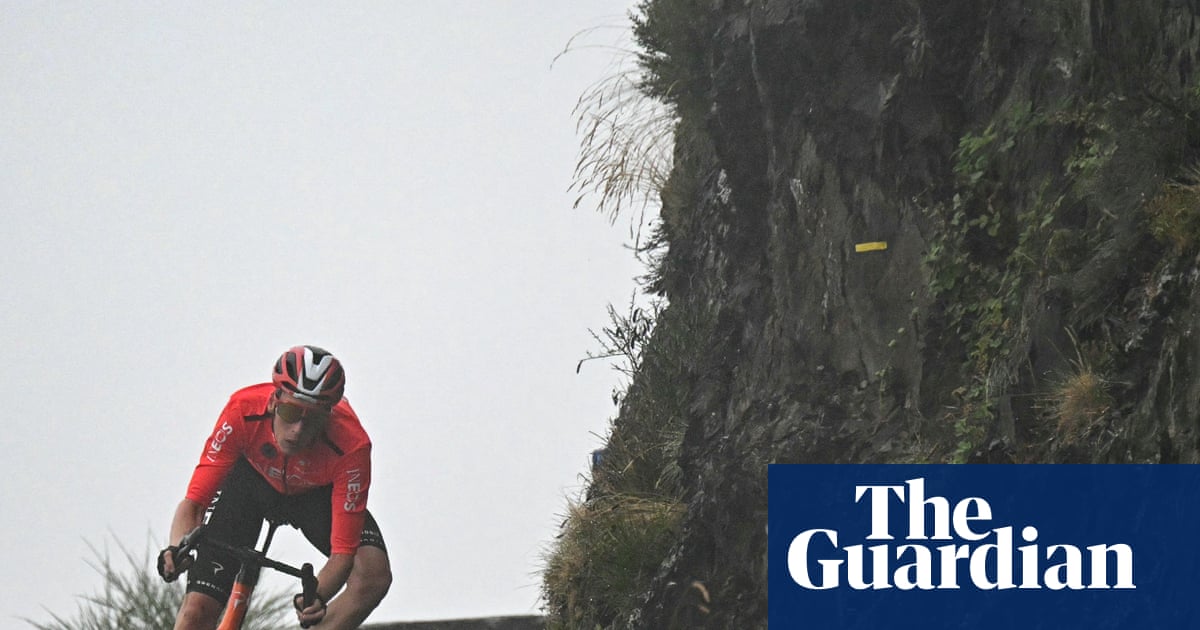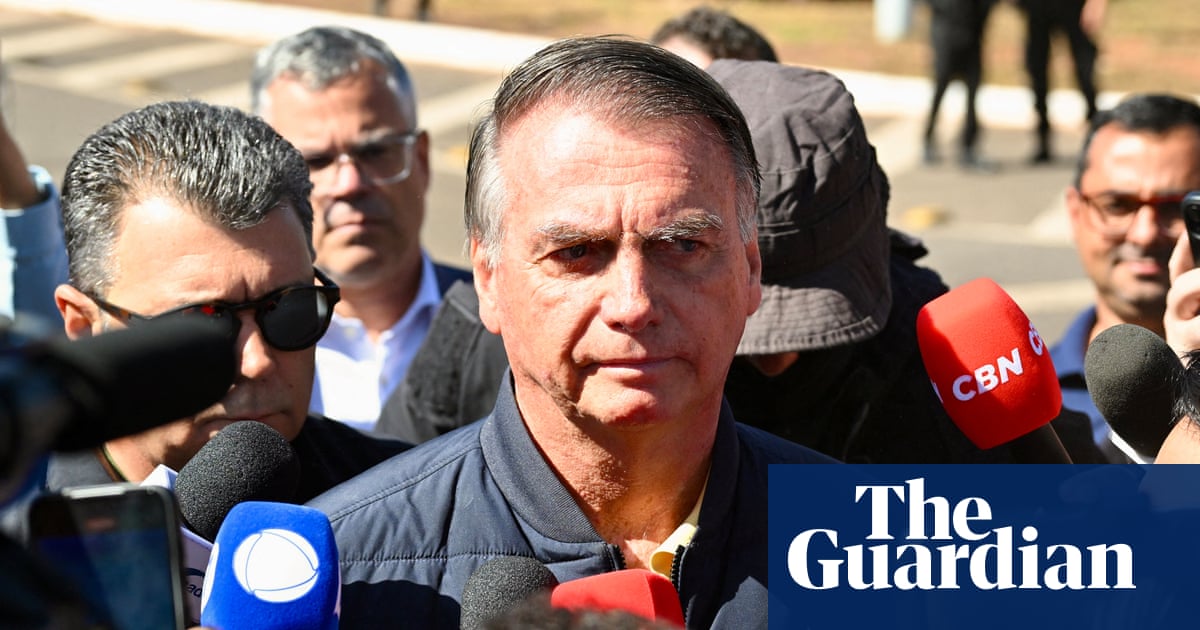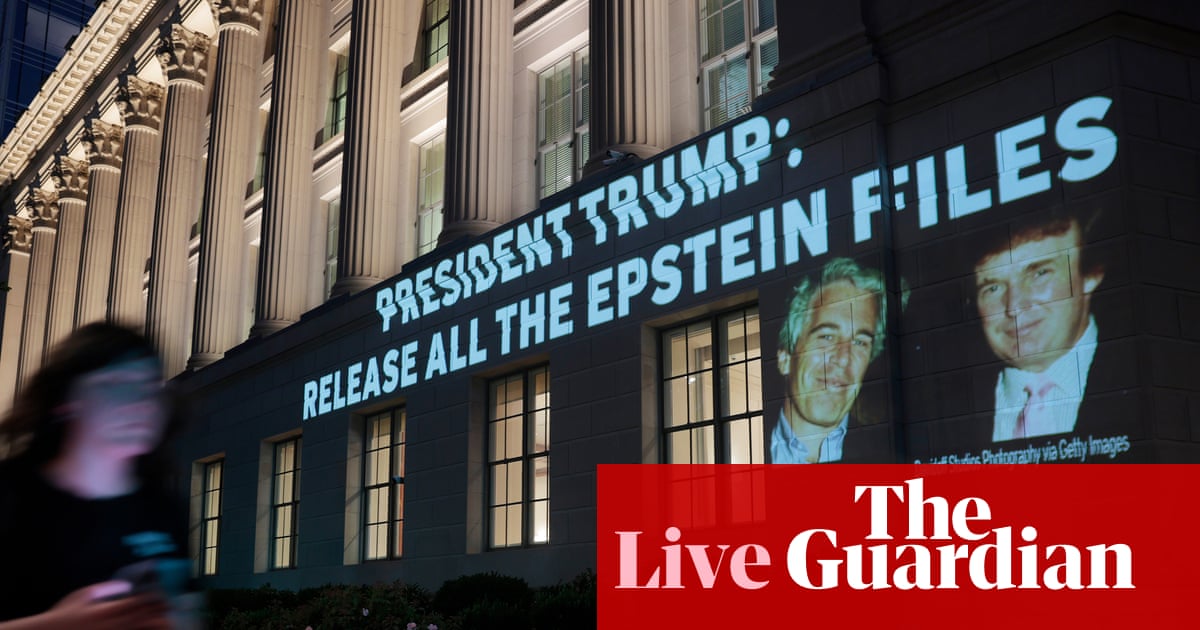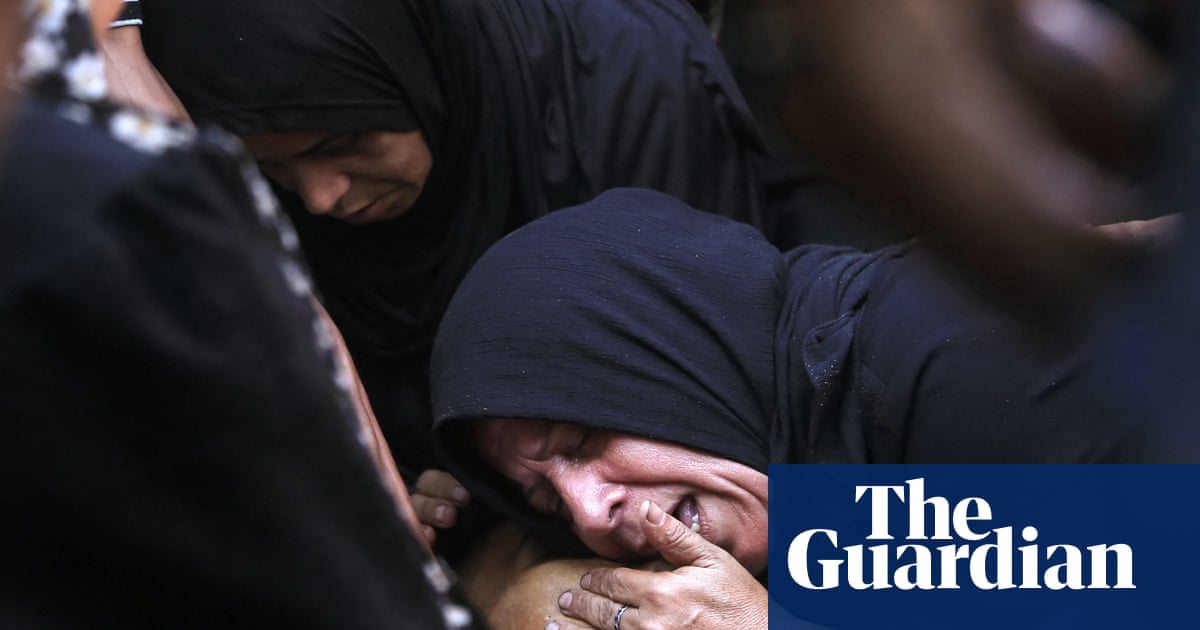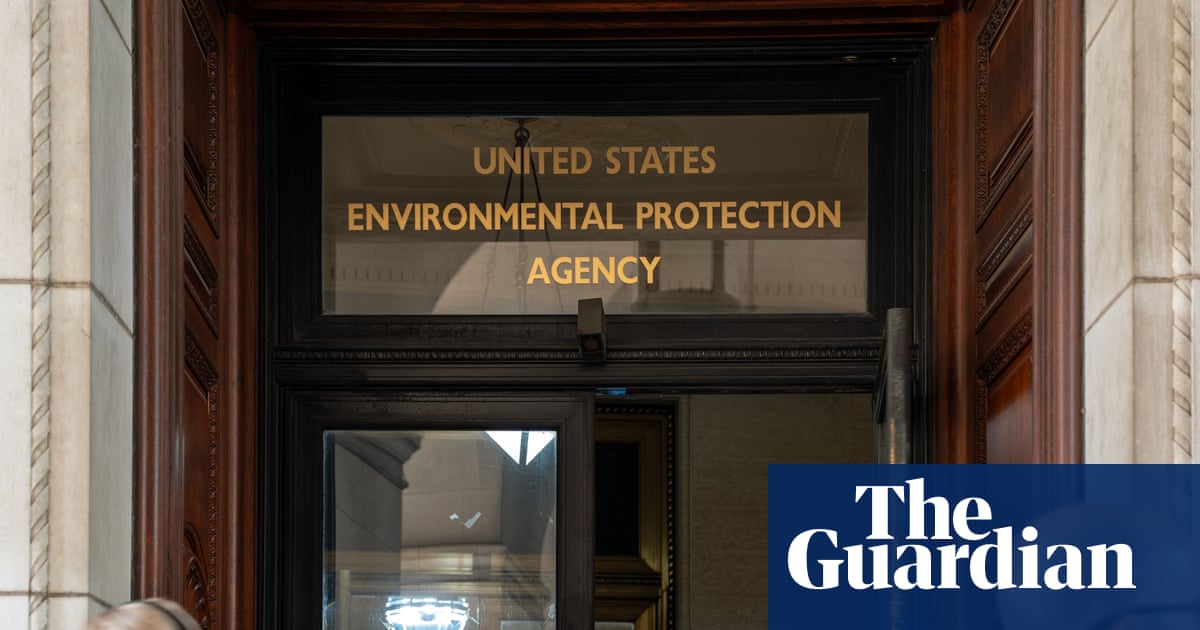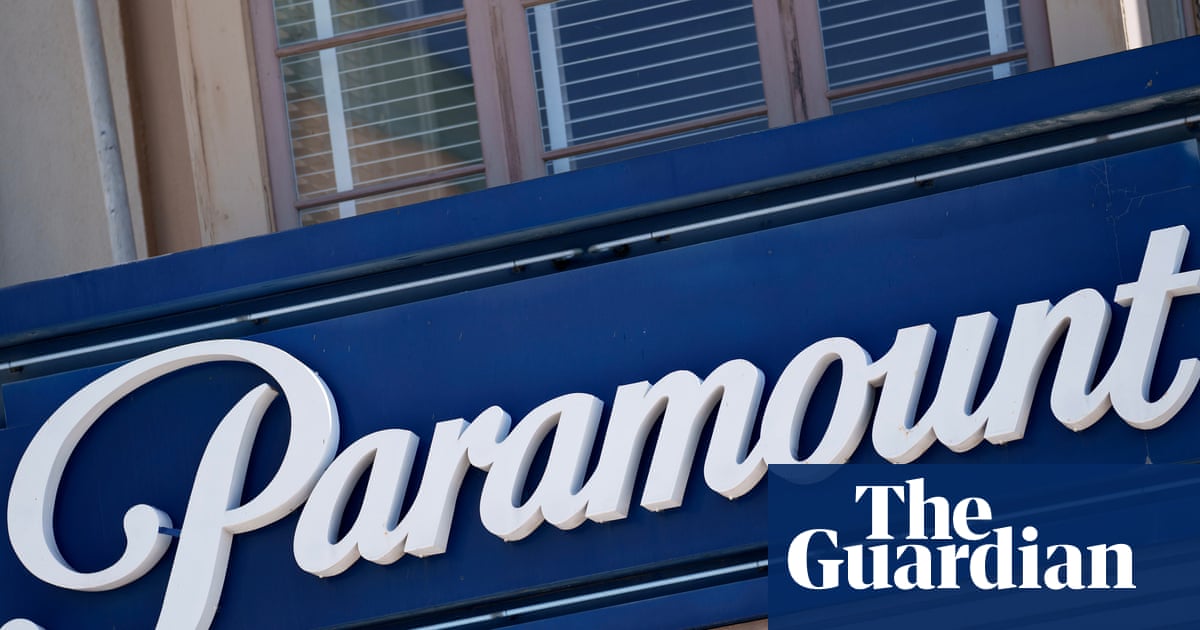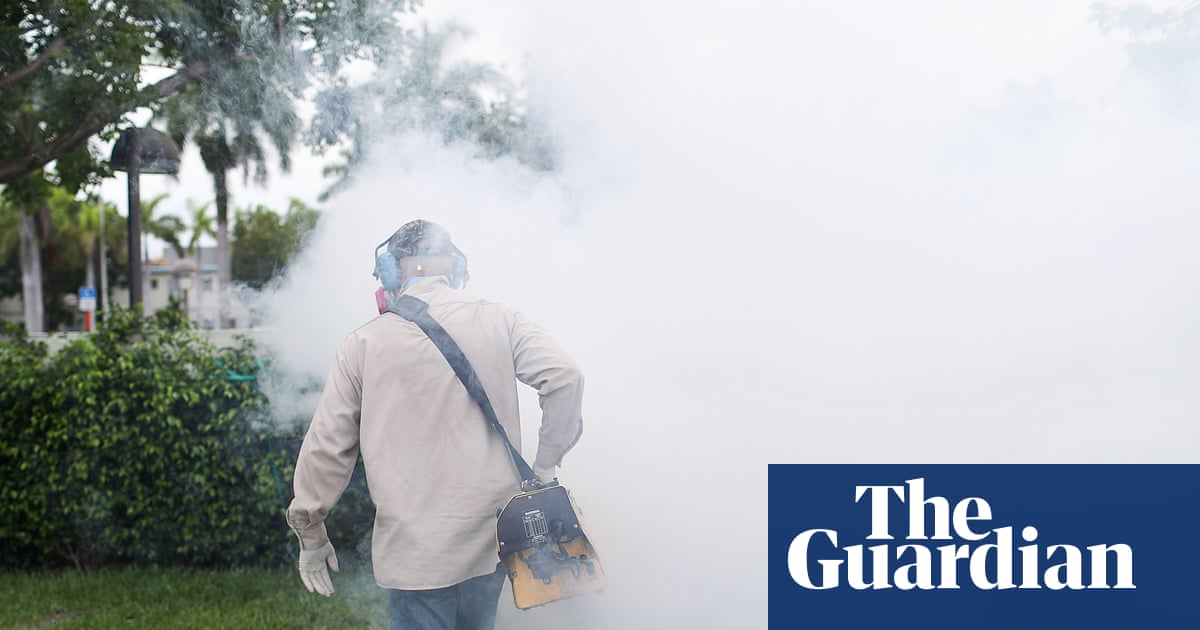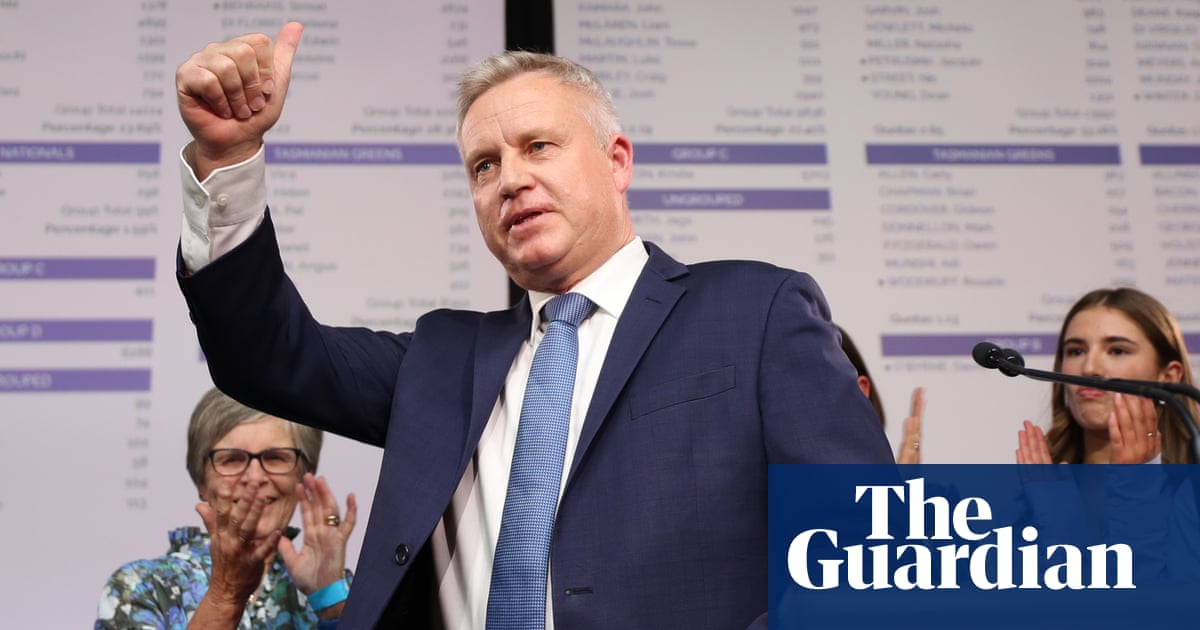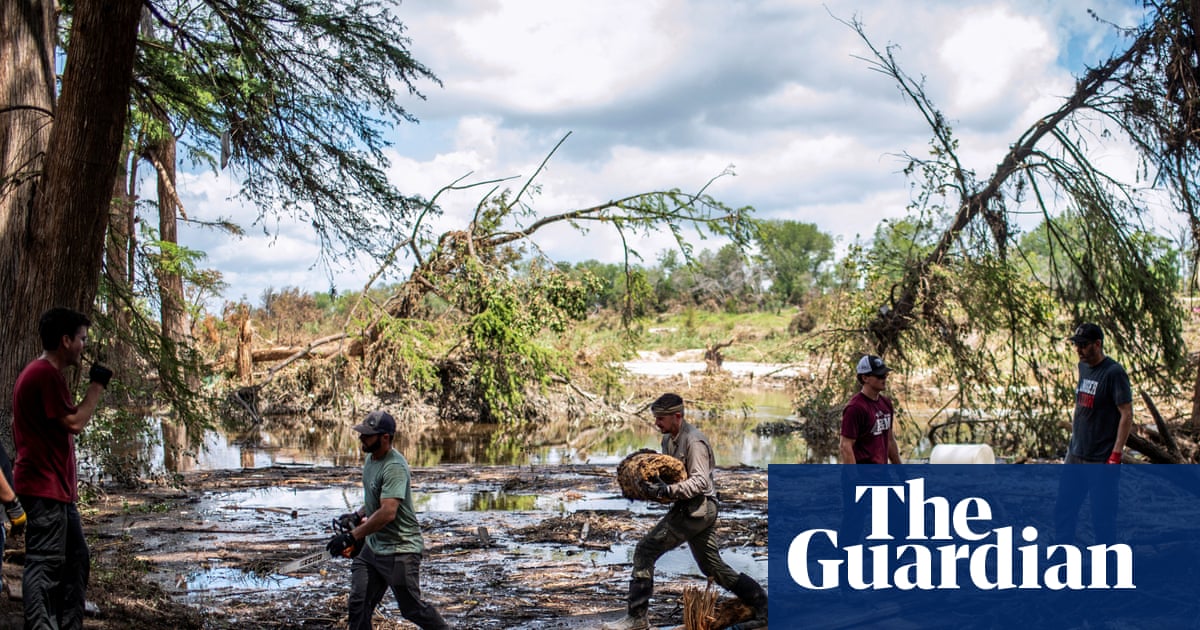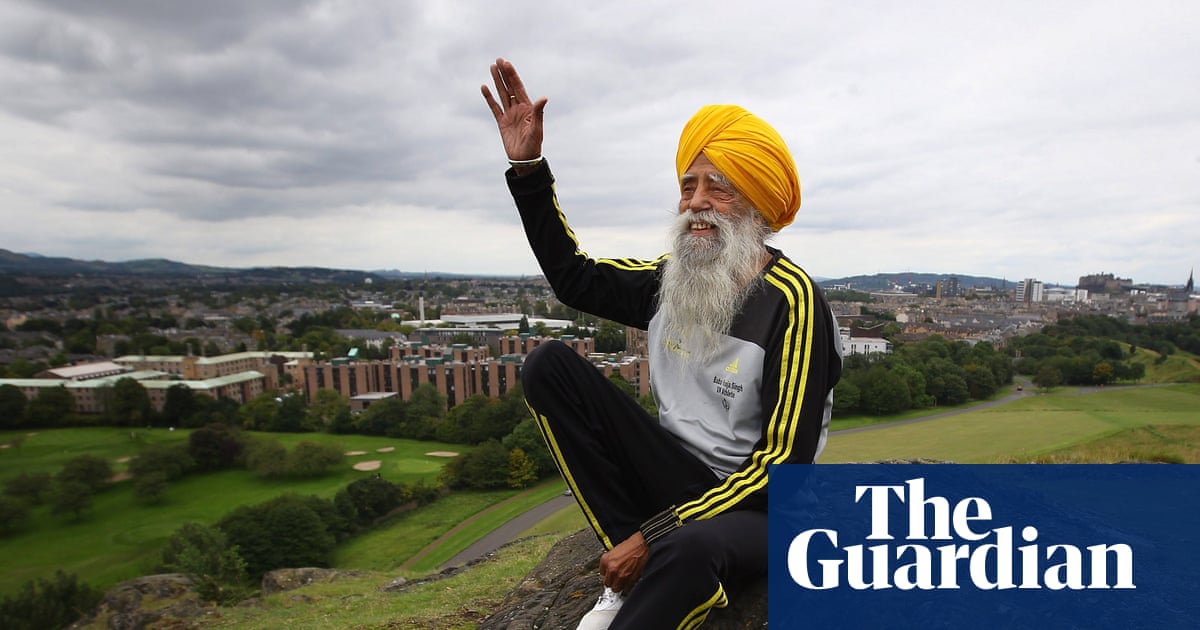By the time Bangladesh’s student-led revolution finally toppled Sheikh Hasina, her security forces had already spilled the blood of hundreds of protesters.
Now, almost a year after the country’s autocratic leader fled the former British colony into exile, an interim government is struggling to navigate bitter factional politics and economic turmoil.
Against that traumatic backdrop, a Knightsbridge townhouse in London, or a mansion on a private road in Surrey, seem worlds away.
Yet luxury UK real estate is playing a central role in the drama.
Investigators in Dhaka have been sifting through allegations that powerful and politically connected figures under the previous regime exploited senior positions to loot state contracts and the banking system, channelling millions into UK property.
In May, the National Crime Agency (NCA) – sometimes called Britain’s FBI – froze £90m of property belonging to members of the Rahman family, whose UK portfolio was revealed in a Guardian investigation last year.
Three weeks later, the NCA froze more than £170m of assets belonging to Saifuzzaman Chowdhury, a former land minister in the Hasina government who amassed a vast fortune during her tenure that included more than 300 UK properties, ranging from apartments to lavish townhouses.
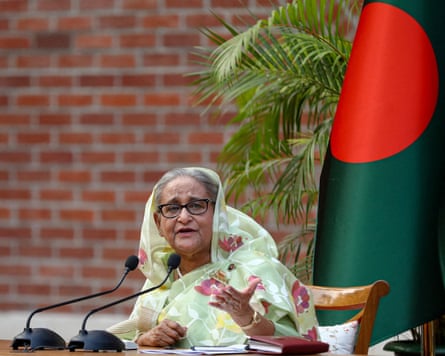
Now, an investigation by the Guardian and the campaign group Transparency International has found that several Bangladeshis who are under scrutiny in Dhaka appear to have either sold, transferred or refinanced UK property since the revolution began.
The transactions raise questions about the freedom with which those under suspicion have continued to conduct business in London, as well as the due diligence performed by UK law firms and consultants who helped facilitate the transactions.
Leading figures in Bangladesh’s interim government are now calling on Britain to err on the side of caution by freezing more UK property assets while the authorities in Dhaka complete their investigations.
London property could now play a starring role in what has been billed by some as a long overdue anti-corruption purge – but by others as a politically motivated witch-hunt.
From Dhaka to the Dorchester
The London five-star hotel the Dorchester, where rooms cost upwards of £800 a night, may not seem the most appropriate base from which to take aim at a decadent elite.
Yet the Mayfair hotel’s plush rooms served as the temporary home of a large Bangladeshi government delegation that visited in early June, led by the interim premier, Muhammad Yunus, on a mission to forge stronger ties with the UK.
London is of particular importance to Bangladesh, due in part to the huge diaspora in the capital, but also to the UK’s offer of support to track assets that investigators in Dhaka think may have been obtained using laundered money.
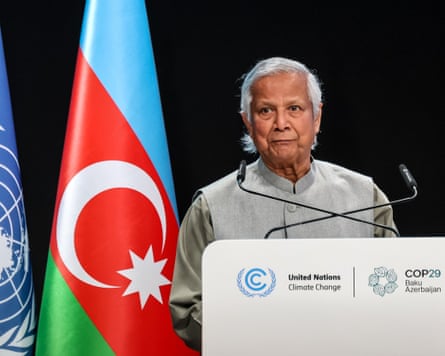
Ahsan Mansur, the central bank governor who is leading his country’s efforts to repatriate assets, wants more measures such as those issued against Chowdhury and the Rahmans.
“We are aware of efforts to liquidate assets and we would like the UK government to consider more freezing orders,” Mansur said.
Measures to block transactions would, he said, “give us hope of following due process to repatriate assets”.
His call was echoed by the chair of Bangladesh’s Anti-Corruption Commission (ACC). Last month, Mohammad Abdul Momen said he had asked the NCA to consider freezing the assets of several individuals, amid a flurry of post-revolutionary property market activity.
To freeze or not to freeze
Disclosures to the UK Land Registry show at least 20 “applications for dealing” have been submitted in the past year in relation to property owned by figures under scrutiny by Dhaka. Such documents typically indicate a sale, transfer or change to a mortgage.
Three relate to £24.5m worth of property ultimately owned by members of the Sobhan family, the powerful dynasty behind the multibillion-pound Bashundhara business group, a conglomerate that spans cement to media.
One, a four-storey townhouse in Knightsbridge, has been the subject of two recent transactions, the purpose of which are unclear. Until April last year, it was owned directly by Sayem Sobhan Anvir, Bashundhara’s managing director, via a company based in the United Arab Emirates.
Sobhan is among several family members under investigation by the ACC for allegations including money laundering, the Guardian understands.
In April, the property was transferred – apparently free of charge – to a UK business called Brookview Heights Ltd. Brookview is owned by a director of Orbis London, a real estate advisory firm with offices in Liechtenstein and Singapore that has acted for the Sobhans on property transactions in the past.
The London home appears to have subsequently been sold for £7.35m to a newly formed company, whose sole director is an accountant with no online profile. The accountant is registered as the owner and director of multiple other companies that appear to be special purpose vehicles for multimillion-pound London properties.
Land Registry records show that UK law firms have made two more applications for dealing on properties owned by another member of the Sobhan family, Shafiat, including an £8m mansion in Virginia Water, Surrey.
A family member did not return a request for comment but has previously said that the family deny “all allegations of wrongdoing and will robustly defend ourselves against these allegations”.
Members of the Sobhan family are among a clutch of UK property owners whose assets the ACC has asked the NCA to consider freezing.
after newsletter promotion
Two more individuals have come under scrutiny from the ACC as part of investigations into Chowdhury.
Both have engaged in multiple property deals over the past year.
One is Chowdhury’s brother, Anisuzzaman, while the other is a successful British-Bangladeshi property developer, whom the Guardian has chosen not to name.
Land Registry data shows recent market activity on four properties owned by Anisuzzaman Chowdhury.
They include the sale of a £10m Georgian townhouse on the fringes of Regent’s Park, central London, completed last July. A further three applications, understood to relate to refinancing, have taken place since.
Lawyers for Anisuzzaman Chowdhury said he did not believe that there was any legitimate reason for any of his assets to be frozen and that the sale of the Regent’s Park property was agreed in 2023, before the revolution.
According to reports in Bangladesh, the ACC has previously been asked by the chair of a large local bank, UCB, to investigate whether Chowdhury helped the London-based property developer obtain loans irregularly from the lender.
This year, a Bangladeshi court imposed a travel ban on the developer, who denies any wrongdoing.
A further three applications for dealing relate to properties owned by the son and the nephew of Salman F Rahman, who runs the Beximco business group, one of Bangladesh’s largest conglomerates. Ahmed Shayan Rahman and Ahmed Shahryar Rahman are under investigation by the ACC.
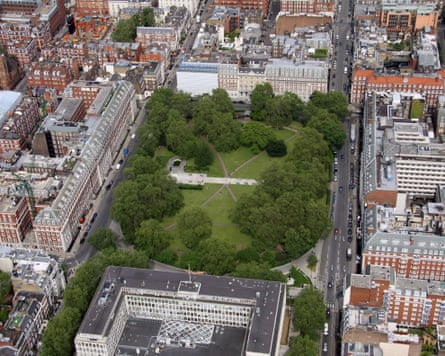
The properties, including a £35m apartment in Mayfair’s Grosvenor Square, were frozen by the NCA last month.
Lawyers for the Rahmans said they denied any wrongdoing. They said “political upheaval” in Bangladesh had led to allegations being made against many people, adding that they would “engage with any investigation which takes place in the UK”.
Joe Powell MP, the chair of an all-party parliamentary group examining corruption and tax, wants any such investigations to move quickly.
“History tells us that assets can quickly evaporate unless swift steps are taken to freeze those assets while investigations are under way,” he said.
Powell welcomed the action already taken by the NCA but urged it to “expand the net as soon as possible”.
The Labour MP leads a group of parliamentarians that is targeting London’s reputation as a home for suspicious funds and those who enable the transfer of that wealth, particularly given the renewed focus on oligarchs that followed Russia’s invasion of Ukraine.
Transparency International is raising questions over the role played by multiple UK firms that have acted for individuals the NCA has already targeted, or who the ACC has named.
The law firm Jaswal Johnston submitted applications on properties owned by the Rahmans. A spokesperson said the firm had not been involved in any sales and that it took its due diligence obligations “extremely seriously”.
Merali Beedle, a law firm that made applications for dealing on one £35m Rahman property and another £8m home owned by a member of the Sobhan family, declined to comment.
A spokesperson for Transparency International said: “Professional services firms should exercise extreme caution when conducting regulated activities for clients known to be under investigation. They should perform comprehensive source-of-wealth checks and immediately report suspicious activity to police.
“Without swift action, these funds risk vanishing into the international financial system, potentially placing them beyond recovery.”
The ACC declined to comment on its investigations.

 5 hours ago
5
5 hours ago
5
